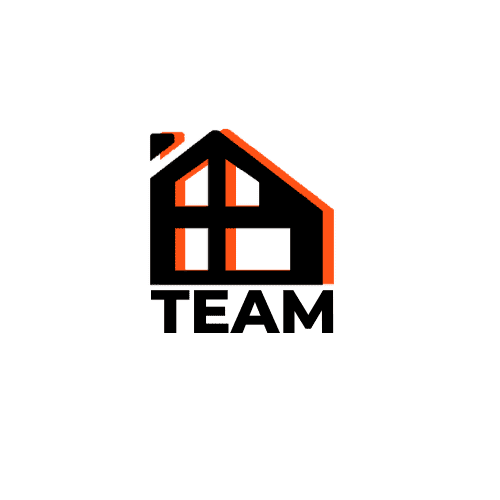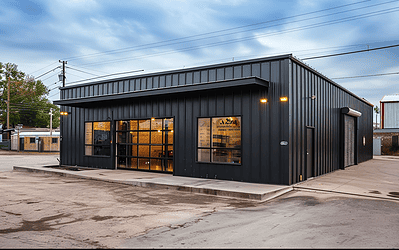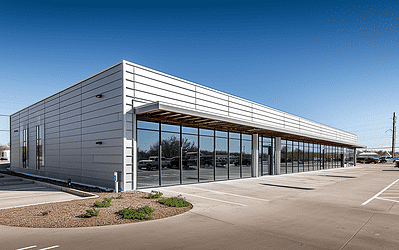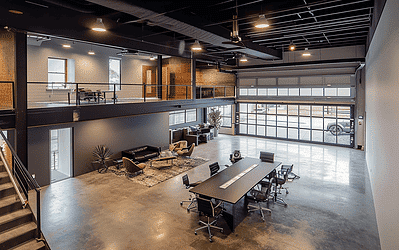In the fast-paced world of steel construction, staying on top of the...
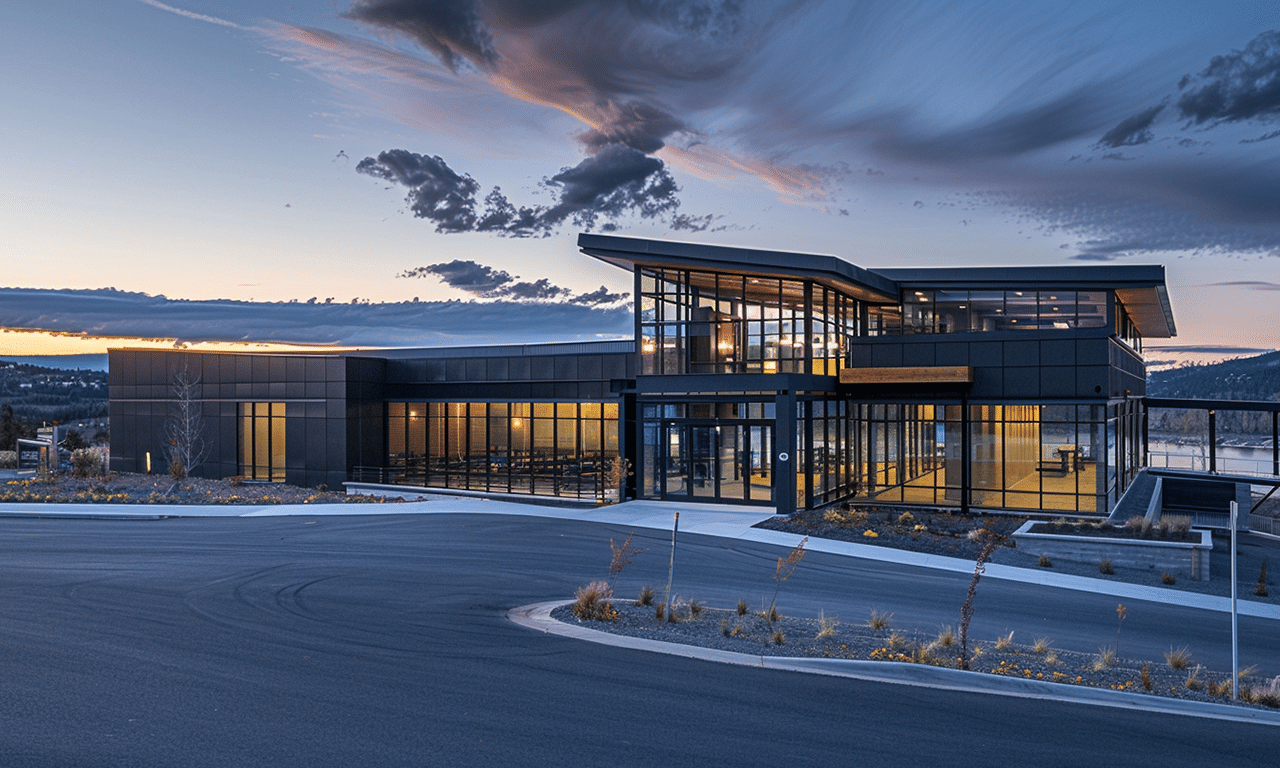
Steel Building Codes & Permits: Your Guide to Legal Compliance
Navigating local building codes and permits is non-negotiable for any steel construction project. These regulations ensure structural safety, environmental responsibility, and community standards. At Your Building Team, we simplify compliance with steel building codes & permits, helping you avoid costly delays or fines. This guide covers critical steps to align your project with legal requirements.
1. Understanding Steel Building Codes & Local Regulations
Building codes for steel structures address unique factors like wind resistance, snow loads, and fire safety. Key areas regulated include:
- Structural Integrity: Minimum standards for steel gauge, framing, and foundation design.
- Energy Efficiency: Insulation requirements for climate-specific zones.
- Accessibility: ADA compliance for commercial steel buildings.

For cost planning tips related to code compliance, visit our Steel Building Cost & Financing Hub.
2. Securing Permits for Steel Building Projects
Permits validate that your steel structure meets all local building codes & safety standards. Follow these steps:
- Submit Detailed Plans: Include engineering drawings, site maps, and material specifications.
- Pay Permit Fees: Costs vary by project size and location.
- Pass Inspections: Schedule foundation, framing, and final inspections.
Our Steel Building Design Services create code-compliant plans to streamline approvals.
3. Legal Considerations for Steel Construction
Beyond codes and permits, address these legal factors:
- Zoning Laws: Verify land use eligibility for agricultural, commercial, or residential steel buildings.
- Property Setbacks: Maintain required distances from boundaries.
- Environmental Regulations: Manage stormwater runoff and soil protection.
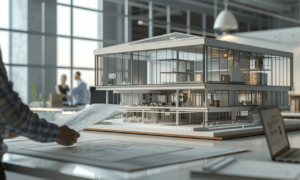
Download our free Steel Building Codes & Permits Guide for detailed checklists.
4. Expert Tips to Simplify Compliance
- Partner Early with Authorities: Consult local building departments during planning.
- Use Pre-Engineered Kits: Many prefab steel buildings meet national code benchmarks.
- Document Everything: Keep permits, inspection reports, and contractor licenses on file.
5. How Steel Buildings Meet Modern Code Standards
Steel’s strength and adaptability make it ideal for complying with stringent codes:
- Wind Resistance: Engineered to withstand 150+ mph winds in hurricane zones.
- Fire Safety: Non-combustible material with optional fireproof coatings.
- Energy Codes: Compatible with advanced insulation systems for LEED certification.
6. Why Choose Your Building Team?
We turn regulatory hurdles into seamless processes:
- Code-Compliant Designs: Every plan meets IBC, ASCE, and local standards.
- Permit Management: We handle applications, revisions, and inspections.
- Nationwide Expertise: Knowledge of regional variances in steel building codes & permits.
Explore our Full Range of Compliance Services.
Start Your Compliant Steel Building Project
Avoid legal risks and delays—partner with experts who understand steel building codes & permits. Contact us today or dive deeper into regulations with our Permits & Codes Resource Hub.

EXPERT STEEL BUILDING SOLUTIONS
Your Building Team delivers engineered steel structures nationwide. From garages to commercial facilities, explore our comprehensive building solutions at yourbuildingteam.com
Legal Lingo Decoded: Understanding Key Terms in Steel Building Regulations
Understanding the legal jargon in steel building regulations can...
Cost Considerations: Factoring Permit and Code Compliance Into Your Budget
Understanding Steel Permit Costs: A Crucial Step in Your Building...
Calculated the Cost of a Building
for Your Location
Given that factors such as snow load, wind load, and seismic conditions significantly influence safety and compliance, providing the exact installation address is essential for an accurate preliminary cost estimate.
